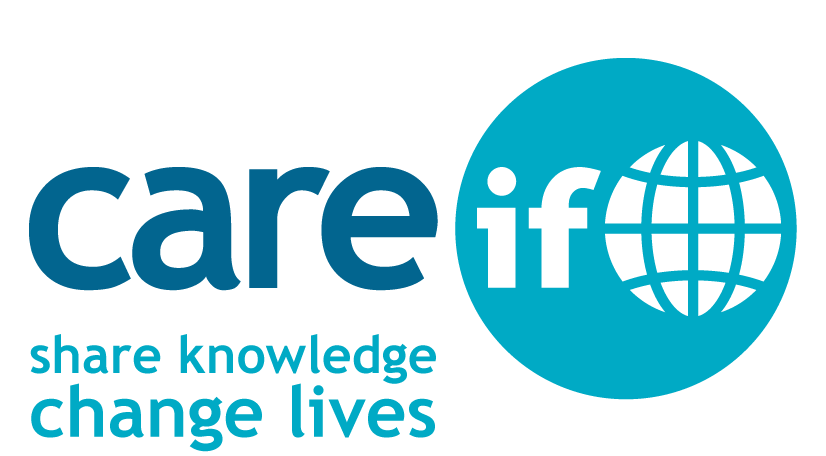Gambling is a public health problem
Watching the TV, reading the newspaper or online platforms, or even walking down the high street, you may have been struck by the number of advertisements asking you to join the latest virtual casino or bingo game, or to place your bets via your phone. Watch a sports event, and you will see entreaties to use the latest betting app plastered around the stadium.
You may even have seen gambling ads embedded in your video games. Across the world, the gambling industry spreads its tentacles spurned on by our increasingly digitalised and connected environments. No longer do you need to pop down to your local betting shop – just use your phone. You can gamble anytime, anywhere.
Gambling is big business and getting bigger. It is now legally allowed in more than 80 per cent of countries worldwide. Governments gain from taxes raised from this expanding industry - in 2022/23 the UK had revenues of £15 billion from betting and gaming companies. But, most importantly, gambling can have catastrophic effects on many consumers across the world. It can no longer be dismissed as “… a simple leisure activity, it is a health-harming addictive behaviour.” (1).
A recent Lancet Public Health Commission Report on Gambling (2) documents the extent of these harmful effects, the increasing exposure of populations to a growing number of gambling products that are sold in more and more innovative ways. Importantly, the Commission makes it clear that gambling is a public issue. The Gambling Industry, along with the Alcohol, Food and Tobacco industries, is an important Commercial Determinant of health (3). Today, gambling products are sold in the same way as other addictive or health-harming products.
The extent of participation in gambling is substantial – the Commission estimates that, across the world, 46% of adults and 18% of adolescents had engaged in gambling of some form during the previous year. Overall, they suggest that around 80 million adults worldwide experience gambling disorder or problematic gambling. More broadly, approximately 449 million adults worldwide experience any risk gambling (i.e. experience of at least one behavioural symptom or adverse consequence from gambling, gambling disorder, and problematic gambling). Importantly, these figures may be an underestimate of the extent of the problem.
The expansion of gambling is most notable in low-income and middle-income countries where regulatory infrastructure is usually weaker. The harmful effects of gambling are wide-ranging and include not only financial losses and bankruptcy, but physical and mental health problems, increased risk of suicide, relationship and family breakdown and loss of employment. These effects are inequitably distributed – the heaviest burden of harm falls on individuals who are already socially disadvantaged. The extent of gambling in younger people is especially worrying, especially as most people would agree that commercial gambling among adolescents should be prohibited.
In highlighting the Public Health nature of gambling, the Lancet Public Health Commission makes it clear that the problems must be taken seriously and that the solutions should no longer be regarded as solely the responsibility of the individuals who engage in problematic gambling. The behaviour of corporate bodies needs to be regulated. The Commission notes that effective gambling regulations include enforcing legal age limits, restricting gambling availability and accessibility, prohibiting or substantially limiting advertising, implementing universal and mandatory limits for gambling consumption, and placing controls on gambling product characteristics known to be harmful. In addition to these population-level measures, individual-level interventions are needed, including support for individuals who are at risk of gambling harm, or who are already experiencing or recovering from them.
In the same month as the Lancet Commission report was published the Money and Mental Health Policy Institute launched their Gambling Harms Action Lab, an important three-year programme working with financial institutions to develop and implement new tools to address gambling-related harm. Associated with this was their publication of Shining a Light (4), a paper examining the extent of problem gambling in Britain and the role of current account providers in preventing gambling harms. The Money and Mental Health Policy Institute has a strong track record in uncovering the links between mental ill-health and financial difficulties in the UK and has had considerable success in influencing national policy. Hopefully, their new programme will have significant success.
References
1. Lancet Public Health (2024) Time for a public health response to gambling. Lancet Public Health, Vol. 9, No. 11. https://www.thelancet.com/commissions/gambling
2. Wardle, H., Degenhardt, L., Marionneau, V., Reith, G. et al (2024) The Lancet Public Health Commission on gambling. Lancet Public Health, Vol. 9, No. 11. https://www.thelancet.com/commissions/gambling
3. Maani, N., Petticrew, M., Galea, S. (2023) The commercial determinants of health. Oxford University Press.
4. Clifton, L. Bond, N., Heffron, J. (2024) Shining a light. Exploring the role of financial services in tackling gambling harms. Policy Note Number 31. London: Money and Mental Health Policy Institute. https://www.moneyandmentalhealth.org/publications/shining-a-light/?mc_cid=5032cfeee8&mc_eid=1f3b4d817a
